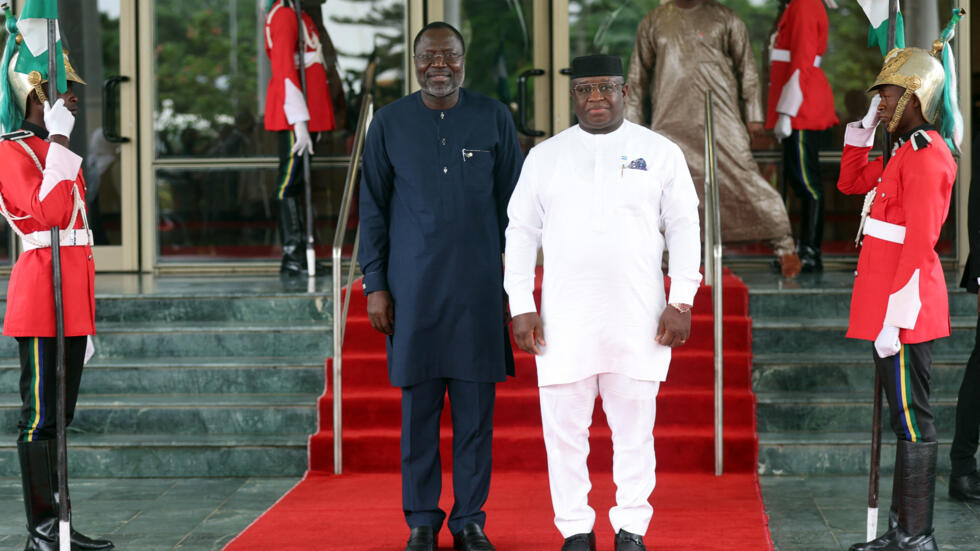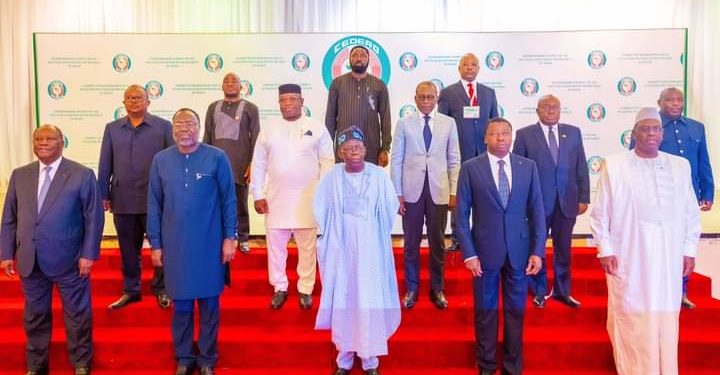West African leaders have resolved to give some more time to dialogue in efforts to resolve the crisis in Niger, but they also ordered for preparation for the possibility of military intervention.
The heads of state of the Economic Community of West African States (ECOWAS), meeting in the Nigerian capital Abuja on Thursday, ordered for the activation of the ECOWAS Standby Force, while authorizing negotiators to continue on dialoguing with the military junta.
Niger has been under military rule since July 26, when a group of soldiers from the Presidential Guard ousted President Mohamed Bazoum.
The junta this week announced the formation of a 21-member cabinet, headed by an economist, Ali Mahaman Lamine Zeine as Prime Minister.
The ECOWAS leaders in an emergency meeting held earlier on July 30, issued a seven-day ultimatum for the junta to reinstate the deposed president or face military action. That deadline elapsed on Sunday.
Thursday’s meeting in the Nigerian capital was summoned by ECOWAS chairman and Nigerian President Bola Ahmad Tinubu to decide on a final move.
In a communique issued at the end of the meeting, the leaders said while they prefer a peaceful resolution, the option of force still remains on the table in the event the junta refuses to heed to their call. They condemned the continued detention of Bazoum and vowed to enforce sanctions and travel bans earlier imposed on members of the junta seen as obstacle to efforts to restore constitutional order in the country.

The heads of state directed “the committee of the Chief of Defense Staff to activate the ECOWAS Standby Force with all its elements immediately” and “order the deployment of the ECOWAS standby force to restore constitutional order in the Republic of Niger,” the statement read by the ECOWAS Commission chairman, Dr Omar Alieu Touray, says.
The ECOWAS Standby Force, also known as ECOBRIG, is a multidisciplinary, multinational force comprising military, police and civil components. Established through a framework adopted by ECOWAS leaders in 2008, the force is the successor of the former ECOWAS Monitoring Group or ECOMOG, which was formed in 1990 to respond to the war in Liberia and later briefly in Sierra Leone.
Between ECOMOG and ECOBRIG, ECOWAS has intervened in about six countries, including as recently as in The Gambia in 2017, where it forced out former President Yahya Jammeh after he refused to hand over power following his electoral defeat.
ECOWAS Chairman, President Tinubu, emphasized the position of the leaders in a statement at the end of Thursday’s summit, stressing that only Africans can address the crisis in Niger.
“No option is taken off the table, including the use of force as a last resort,” President Tinubu said, adding: “We remain steadfast in our commitment to supporting Niger in the journey towards peaceful democratic stability.”
The continued detention of President Bazoum is a major concern for the leaders.
Cote d’Ivoire’s leader Alasane Ouattara is one of the main supporters of a hardline approach to the Niger crisis, and he described the detention of the deposed president as an act of terrorism and a hostage situation.
“I personally consider this as a terrorist act. And we cannot let this continue. We have to act,” President Ouattara told reporters after the meeting in Abuja.






















